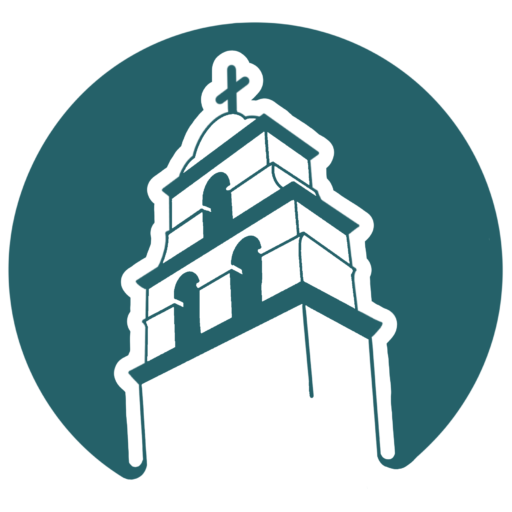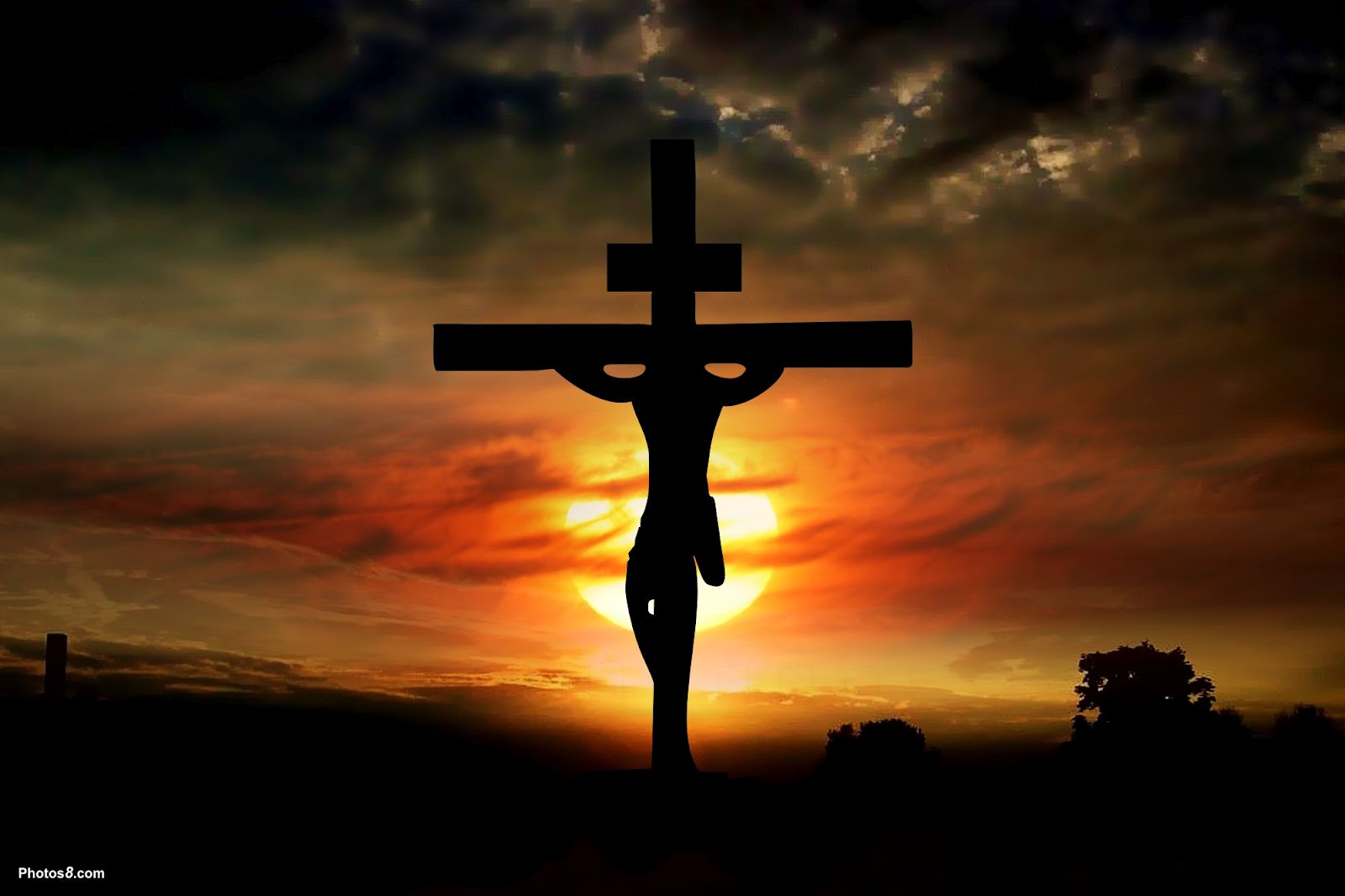Rome was celebrating its temporary victory over Alaric the Goth in its usual manner, by watching gladiators fight to the death in the arena, when suddenly there was an interruption. A rudely robed figure boldly leaped down into the arena. Telemachus was one of the hermits who devoted themselves to a holy life of prayer and self-denial and kept themselves apart from the wicked life of Rome . Although few of the Roman citizens followed their example, most of them had great respect for these hermits, and the few who recognized Telemachus knew that he had come from the wilds of Asia Minor on a pilgrimage to visit churches and to celebrate Christmas in Rome . Without any hesitation, Telemachus advanced upon the two gladiators who were engaged in their life-and-death struggle. Laying a hand on one of them, he sternly reproved him for shedding innocent blood, and then, turning toward the thousands of angry faces around him, called to them: “Do not repay God’s mercy in turning away the swords of your enemies by murdering each other!” Angry shouts drowned out his voice. “This is no place for preaching! On with the combat!” Pushing Telemachus aside, the two gladiators prepared to continue their combat, but Telemachus stepped between them. Enraged at the interference of an outsider with their chosen vocation, the gladiators turned on Telemachus and stabbed him to death. The crowd fell silent, shocked by the death of this holy man. But his death had not been in vain, for from that day on, no more gladiators ever went into combat in the Roman Colosseum. Some self sacrifice have changed the world. Sacrifice of Jesus on the cross is the ultimate sacrifice of all the self sacrifices.
——————————————————————————–
It was February 1941, Auschwitz , Poland . Maximilian Kolbe was a Franciscan priest put in the infamous death camp for helping Jews escape Nazi terrorism. Months went by and in desperation, one of his fellow prisoners escaped from the camp. The camp rule was enforced. Ten people would be rounded up randomly and herded into a cell where they would die of starvation and a final exposure to lethal gas, as a lesson against future escape attempts. Names were called. A Polish Jew, Frandishek Gasovnachek, was called. He cried, “Please spare me, I have a wife and children!” Kolbe stepped forward and said, “I will take his place.” Kolbe was marched into the starvation cell with nine others where he managed to live until August 14. This story was chronicled on NBC news special several years ago. Gasovnachek, by this time 82, was shown telling this story while tears streamed down his cheeks. A mobile camera followed him around his little white house to a marble monument carefully tended with flowers. The inscription read: IN MEMORY OF MAXIMILIAN KOLBE: HE DIED IN MY PLACE. Every day Gasovnachek lived since 1941, he lived with the knowledge, “I live because someone died for me.” Every year on August 14 he travels to Auschwitz in memory of Kolbe. “Greater love has no one than this, than to lay down one’s life for his friends” (John 15:13).
Fr.Joseph Antony Sebastian
St. Joachim Church
21255 Hesperian BlvdHayward, CA, USA 94541
Office Phone: 510 783 2766
******************
Roma estaba celebrando su victoria temporal sobre Alarico el Godo en su forma habitual, observando los gladiadores luchando hasta la muerte en la arena, cuando de repente hubo una interrupción. Una figura groseramente vestida audazmente saltó hacia abajo en la arena. Telémaco fue uno de los eremitas que se dedicaron a una vida Santa de oración y sacrificio y se apartaron de la vida miserable de Roma. Aunque pocos de los ciudadanos romanos siguieron su ejemplo, la mayoría de ellos tenían gran respeto por estos ermitaños, y los pocos que reconocieron a Telémaco sabían que había llegado de los desiertos de Asia Menor en una peregrinación para visitar las Iglesias y para celebrar la Navidad en Roma. Sin ninguna vacilación, Telémaco avanzó hacia los dos gladiadores que se dedicaban a su lucha de vida o muerte. Poniendo una mano en uno de ellos, él le reprendió severamente por derramar sangre inocente y luego, virando hacia los miles de rostros enojados con él, les dijo: “No paguen la misericordia de Dios sacando las espadas contra sus enemigos asesinando uno a otro!” Gritos enojados ahogaron su voz. “Este no es lugar para predicar! Al combate!” Empujando a Telémaco a un lado, los dos gladiadores se prepararon a continuar con su combate, pero Telémaco se colocó entre ellos. Enfurecidos por la interferencia de un forastero con su vocación elegida, los gladiadores se voltearon a Telémaco y lo apuñalaron. La multitud cayó, consternada por la muerte de este hombre santo. Pero su muerte no fue en vano, pues desde ese día, ningún gladiador entró en combate en el Coliseo Romano. Algunos sacrificios han cambiado al mundo. El sacrificio de Jesús en la Cruz es el mayor sacrificio de todos los sacrificios.
————————————————————————–
Era Febrero de 1941, Auschwitz, Polonia. Maximiliano Kolbe fue un Sacerdote Franciscano llevado al infame campo de la muerte por ayudar a los Judíos a escapar el terrorismo Nazi. Pasaron meses y en su desesperación, uno de sus compañeros presos escapo del campo. Se aplicó la regla del campamento. Diez personas serían seleccionadas al azar y conducidas a una celda donde morirían de hambre y una exposición final a gas letal, como una lección contra futuros intentos de fuga. Nombres fueron llamados. Un Judío Polaco, Frandishek Gasovnachek, fue llamado. Él clamó, “Por favor perdónenme, yo tengo una esposa e hijos!” Kolbe se adelantó y dijo: “Tomaré su lugar”. Kolbe fue llevado a la celda de hambre con otros nueve donde se las arregló para vivir hasta el 14 de Agosto. Esta historia fue relatada en un especial de las noticias de NBC hace varios años. Gasovnachek de 82, fue mostrado relatando esta historia mientras las lágrimas corrían por sus mejillas. Una cámara móvil lo siguió alrededor de su pequeña casa blanca hacia un monumento de mármol cuidadosamente tendido con flores. La inscripción dice: EN MEMORIA DE MAXIMILIAN KOLBE: ÉL MURIÓ EN MI LUGAR. Cada día que Gasovnachek vivió desde 1941, vivió con el conocimiento, “Vivo porque alguien murió por mí”. Cada año el 14 de Agosto viaja a Auschwitz en memoria de Kolbe. “No hay amor más grande que dar la vida por sus amigos”(Juan 15:13).
Fr.Joseph Antony Sebastian
St. Joachim Church
21255 Hesperian BlvdHayward, CA, USA 94541
Office Phone: 510 783 2766

